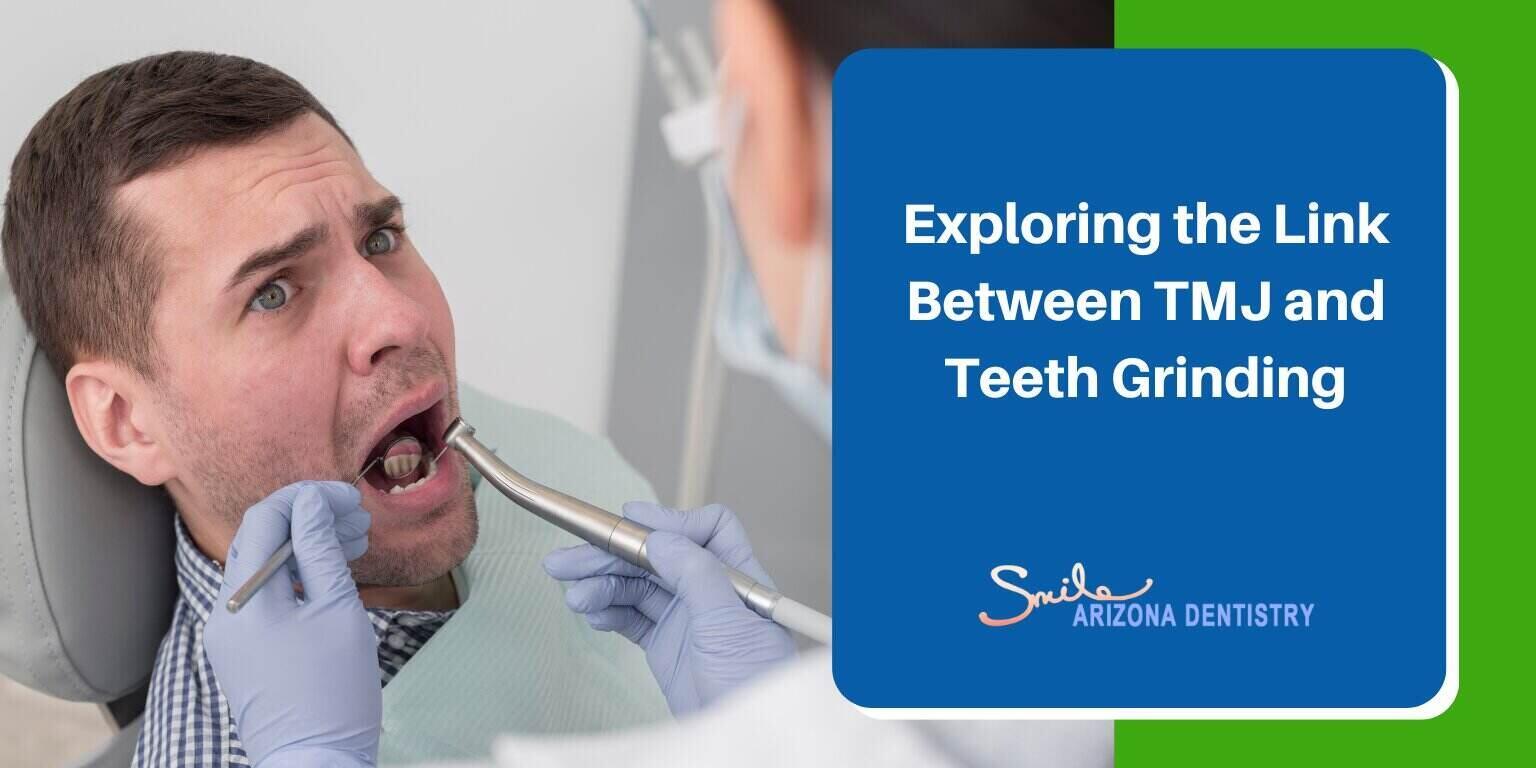


Understanding the connection between TMJ and teeth grinding, or bruxism, reveals how these conditions impact oral health and overall well-being. TMJ disorder involves jaw joint dysfunction, causing pain and stiffness, while bruxism leads to involuntary teeth clenching or grinding, often during sleep, resulting in worn-down teeth and jaw soreness.
Recognizing this link is crucial for accurate diagnosis and effective treatment. Addressing causes helps dental professionals tailor interventions to alleviate symptoms and prevent complications, ensuring better long-term oral health outcomes.
Explore TMJ disorder and teeth grinding, including symptoms, causes, connections, diagnosis, treatments, prevention tips, and when to seek medical advice.
TMJ disorder affects the temporomandibular joint, which connects the jaw to the skull. This condition can cause pain, discomfort, and difficulty moving the jaw. Bruxism, on the other hand, is the medical term for grinding or clenching your teeth. Both conditions can co-occur, exacerbating each other and leading to severe discomfort.
Recognizing the symptoms is the first step toward seeking a teeth-grinding solution. Common symptoms include:
The causes of TMJ disorder and teeth grinding are complex, involving:
○ Jaw Misalignment: An improperly aligned jaw can lead to uneven stress on the TMJ, resulting in teeth grinding as the body adjusts.
○ Genetic Predisposition: Some individuals are genetically prone to TMJ disorders or bruxism, increasing their susceptibility.
○ Dental Concerns: Problems like missing or crooked teeth can alter bite alignment, triggering grinding and jaw strain.
○ Stress and Anxiety: High levels of stress lead to muscle tension, often resulting in unconscious teeth clenching or grinding, especially during sleep.
○ Emotional Distress: Coping with negative emotions can manifest physically through bruxism or TMJ disorder.
○ Poor Posture: Incorrect posture, particularly in the neck and shoulders, can strain muscles and contribute.
○ Diet and Habits: Excessive caffeine, alcohol, smoking, and poor sleep habits exacerbate teeth grinding.
○ Physical Strain: Excessive chewing gum or consuming hard foods can strain jaw muscles.
The relationship between TMJ disorder and teeth grinding is complex. Teeth grinding can exacerbate TMJ symptoms, and conversely, TMJ can lead to bruxism.
Constant teeth grinding or clenching of teeth can strain the jaw muscles, leading to TMJ disorder. This condition often leads to discomfort and inflammation in the temporomandibular joint.
When the jaw is improperly aligned, it can cause undue stress on the TMJ, leading to bruxism as the body attempts to correct the imbalance.
Stress and anxiety are significant contributors to both conditions. High-stress levels can lead to muscle tension, causing teeth grinding, which strains the TMJ and leads to further complications.
Diagnosing TMJ disorder and bruxism involves a thorough process conducted by a specialist to assess and understand the underlying cause accurately:
Several treatment options are available for those suffering from TMJ disorder and bruxism. These treatments aim to alleviate pain, reduce grinding, and improve jaw function.
Preventing TMJ disorder and bruxism involves adopting healthy habits and lifestyle changes, including:
It's time to schedule a consultation if you notice any of these symptoms:
Are you experiencing discomfort from TMJ disorder or teeth grinding? Don't let jaw pain or worn-down teeth affect your quality of life. At Smile Arizona Dentistry, we specialize in effectively diagnosing and treating TMJ disorder and bruxism. From customized mouthguards to physical therapy and expert dental corrections, our dedicated team is here to help ease your symptoms and restore oral health.
Contact us today to schedule a consultation and take the first step towards a pain-free smile and improved well-being!
Teeth grinding (bruxism) can harm dental health by causing tooth wear, fractures, and jaw pain, which can lead to sensitivity and affect the overall structure of teeth.
Lifestyle changes, such as reducing stress, practicing jaw exercises, avoiding hard foods, and using relaxation techniques, are all beneficial in alleviating TMJ pain.
To prevent TMJ symptoms from worsening, consider using a night guard to reduce teeth grinding, but also remember the power of stress management techniques, avoiding hard and chewy foods, improving posture, and applying moist heat or ice packs to the jaw area as needed.
A night guard for bruxism is typically recommended if you notice symptoms such as headaches upon waking, jaw pain, tooth sensitivity, or visible signs of tooth wear or damage.